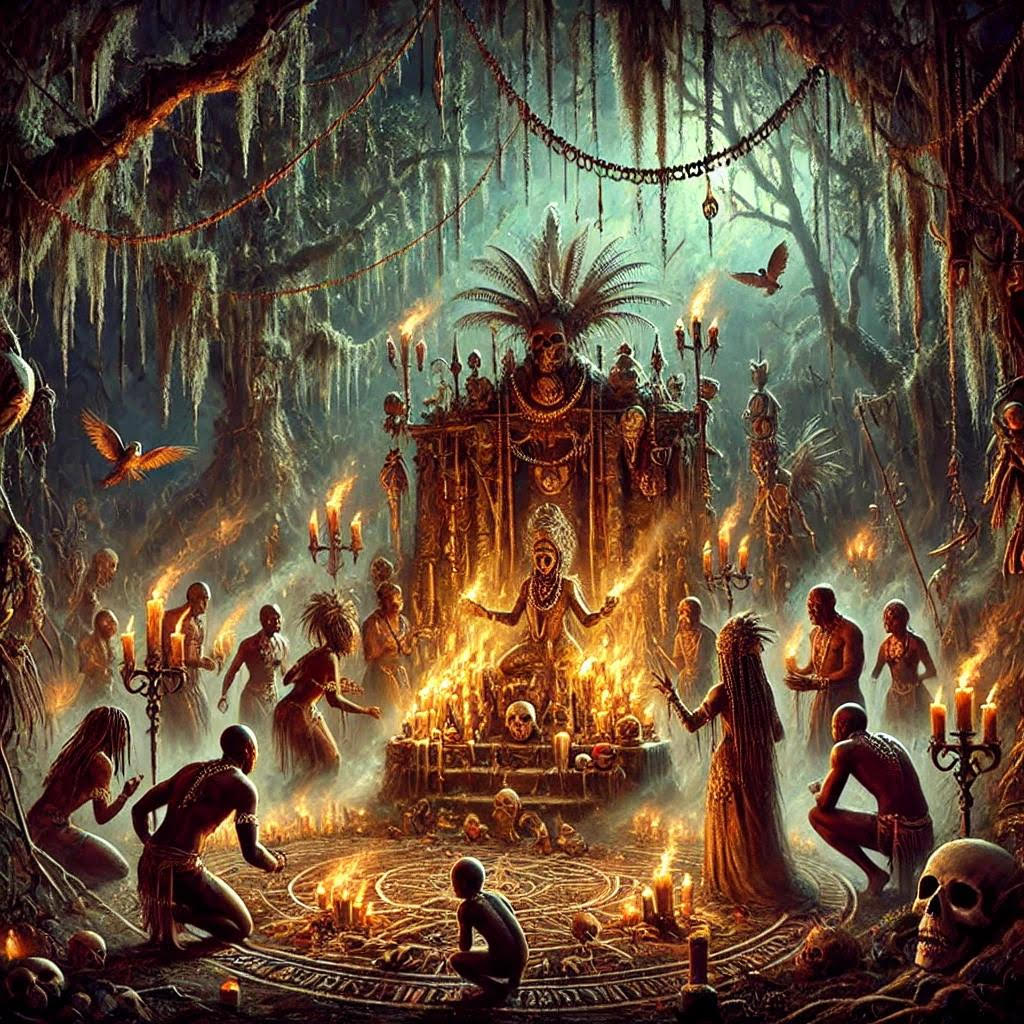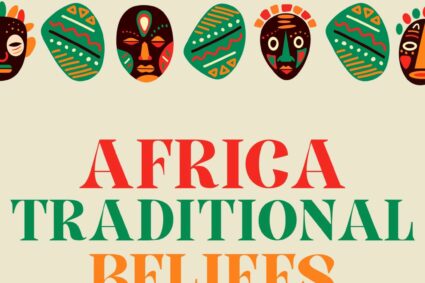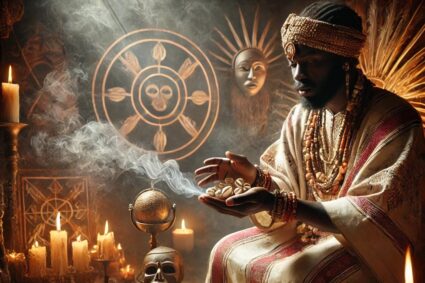
Mbiti argued that, even though Christianity and Islam are the most common religions in Africa, monotheistic religions have not “penetrated deeply into the religious world of traditional African life; and while this is so, “conversion” to Christianity and Islam must be taken only in a relative sense”.
Mbiti noted that Islam’s and Christianity’s struggles to ‘penetrate deeply into the religious world of traditional African life’ was to a large extent the result of the fact that ‘missionaries, anthropologists and colonial administrators’ had failed to understand (traditional) religions, African people and their religiosity.
This resulted in the establishment of “only a very superficial type of Christianity” and in the fact that even Islam “is professed only superficially in areas where it has recently won converts”.
The fact that Islam and Christianity are professed only superficially has a few implications: First that at a deeper level African religiosity is still shaped by the traditional beliefs and religions that predate the arrival of Islam and Christianity; Second, that the kind of Christianity and Islam that one encounters in African settings is also shaped by traditional beliefs and the legacy of traditional religions; Third, that to understand African religiosity and, more generally, African culture, one has to focus on the traditional beliefs and religions that we have just alluded to–because those traditions are the true product of African genius and they are what shapes African culture at its very core




